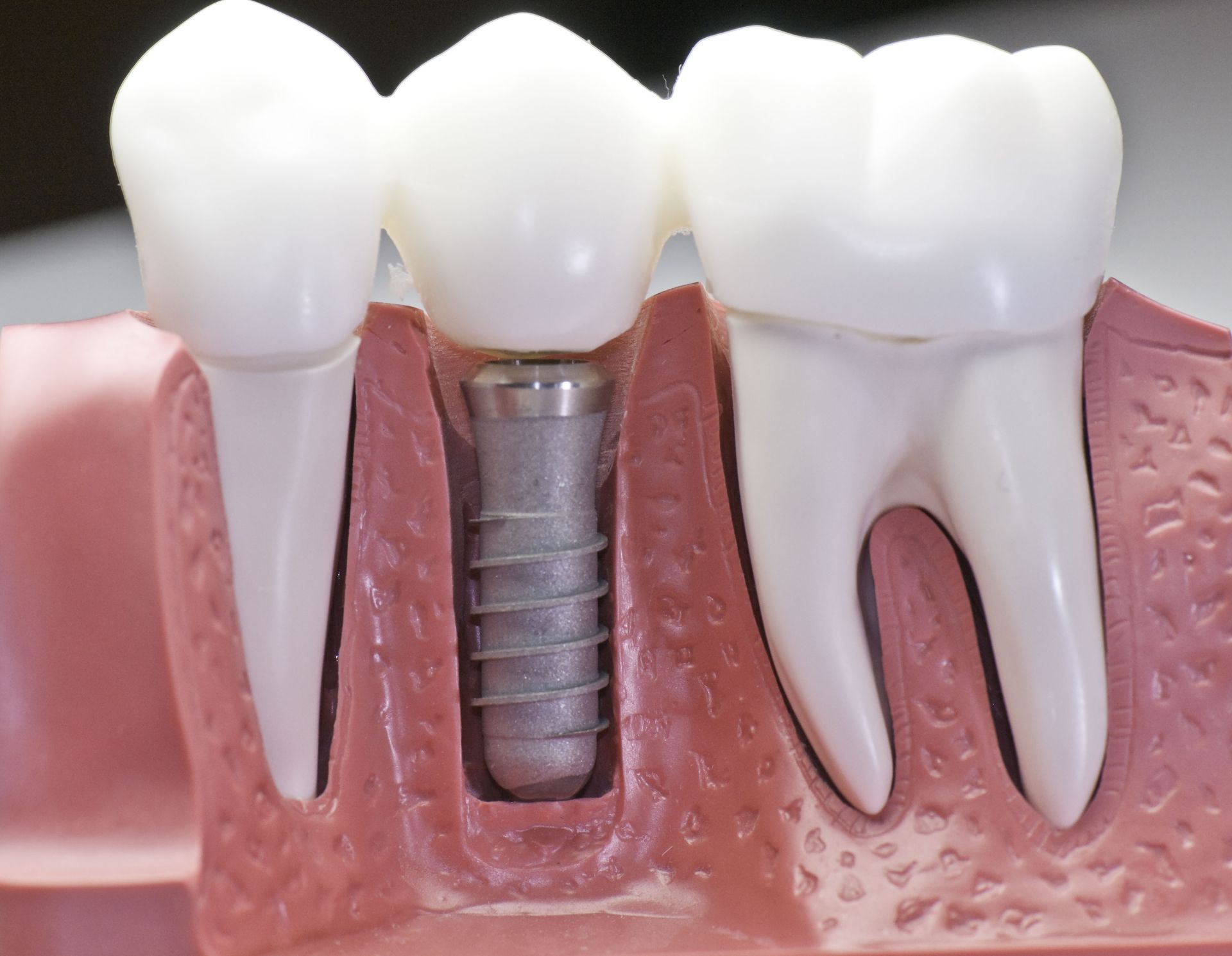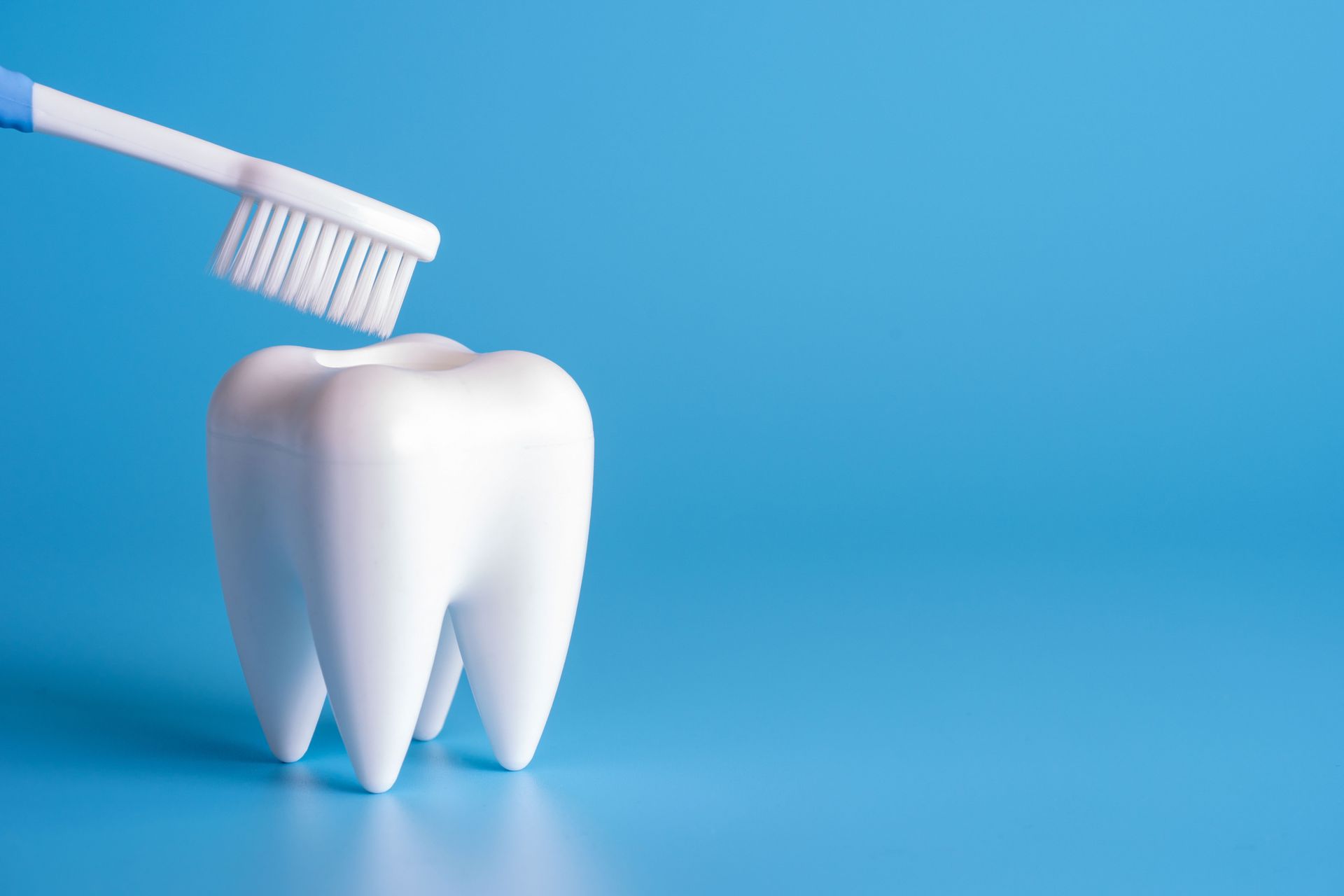5 Things to Expect During Dental Implant Recovery
Dental implants offer a reliable solution for those who have lost a tooth or multiple teeth, providing both aesthetic and practical benefits. However, recovery from this surgery is a crucial step to ensure the success of the implant. Understanding what to expect during the recovery period can help patients transition smoothly and achieve the best possible outcome. Here, we explore several key aspects of dental implant recovery so you can be well-prepared for your journey to better oral health.
1. Initial Discomfort and Swelling
Immediately after dental implant surgery, it's completely normal to experience some discomfort and swelling. This is a natural part of the healing process as your body responds to the procedure. According to WebMD, dental implants are typically recommended for individuals aged 18 and older, as the mouth and jaw should be fully developed for the best long-term results.
Any pain or swelling tends to peak within the first 24 to 48 hours, and gradually subsides shortly afterward, according to Dentaly. To help manage discomfort, your dental care provider may suggest over-the-counter or prescription pain medications, as well as the use of cold compresses to minimize swelling.
Rest is especially important during this early stage of recovery. Allowing your body to heal while avoiding strenuous activities can reduce the risk of complications. By closely following your dentist's post-operative care instructions, you'll set yourself up for a smooth and successful recovery.
2. Diet Adjustments as Necessary
Your diet plays a critical role in your healing process after receiving a dental implant. In the first few days, sticking to soft and non-irritating foods is key. Think along the lines of applesauce, mashed potatoes, smoothies, yogurt, and broths. These gentle foods help prevent irritation or damage to the implant site, allowing the tissue around the implant to heal properly.
As you progress through your recovery, you may gradually reintroduce more solid foods, always paying attention to how your mouth feels. It's important to avoid biting directly on the implant site until your dentist advises it's safe to do so. A mindful approach to eating will support healing and prevent complications like inflammation or implant disruption.
3. Maintaining Oral Hygiene for Health
Even though the area around your new dental implant may be tender, maintaining excellent oral hygiene is essential. Keeping the mouth clean helps prevent infection and supports tissue healing. You’ll likely be advised to gently brush your teeth using a soft-bristled toothbrush and to rinse with a saltwater solution several times a day. This reduces bacteria while being gentle on the surgical site.
Your dental provider may recommend specific products like antimicrobial mouthwashes or specialized brushes designed for use around implants. Following these instructions precisely is one of the best ways to ensure your dental implant integrates properly with the bone and surrounding tissue. Consistent care can make all the difference in the longevity and health of your implant.
4. Follow-up Appointments for Monitoring Progress
Regular check-ins with your dentist are a vital part of the dental implant recovery process. These appointments allow your provider to monitor the healing of the implant site and ensure that the implant is fusing properly with your jawbone in a process called osseointegration. It’s during these follow-ups that any minor issues can be addressed before they become more serious concerns.
No matter your age, these post-operative evaluations help confirm that your implant is on track for long-term success. Your dentist may take X-rays to assess bone growth and stability and will provide personalized advice to help you continue healing safely. These follow-ups demonstrate the ongoing commitment of your dental care team to your oral health and overall well-being.
5. Gradual Return to Normal Activities
While your implant site heals, it's important to pace your return to daily life. Most patients can resume light activities, such as walking or desk work, within a few days. However, more strenuous activities, including vigorous exercise or heavy lifting, should be postponed until your dentist clears you. The strain from such activities could disrupt the healing process or increase swelling and discomfort.
Listen to your body and stay in communication with your dental provider. If you experience unexpected pain or other symptoms while resuming normal routines, don’t hesitate to contact the office for guidance. Your recovery timeline is unique, and your provider will work with you to ensure a safe, steady return to regular life. By following professional advice and prioritizing rest when needed, you’ll protect your new implant and help it function well for years to come.
Dental implant recovery is a process that requires patience, consistency, and collaboration with your dental care team. By understanding what to expect, from managing swelling and maintaining hygiene to adjusting your diet and attending follow-up appointments, you can feel more confident throughout your healing journey. If you’re looking for quality dental implant services and personalized treatment, contact Panneton Dental Group today!





Share On: